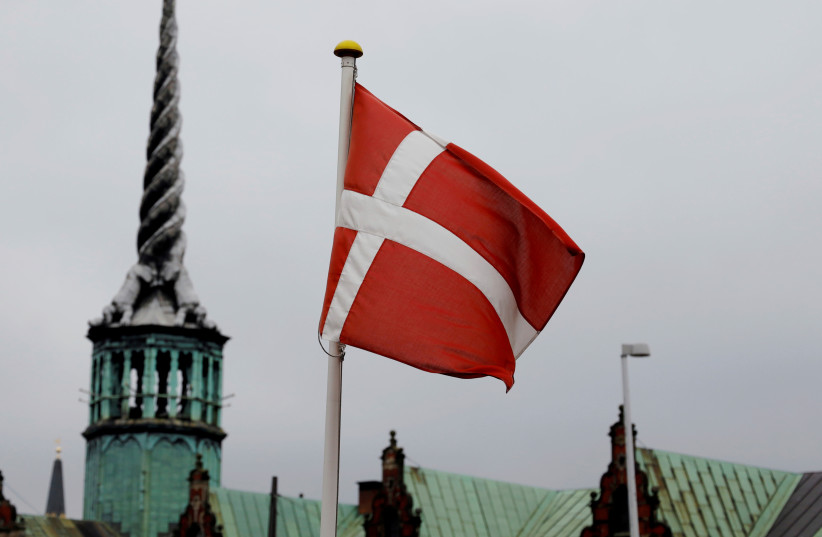A 16-year-old Danish male has been sentenced to 5-1/2 years in jail for aiding and trying to recruit a classmate to an international neo-Nazi organization, a court in Denmark ruled on Thursday.
The teenager was arrested in April last year and later charged with joining the far-right international online group called Feuerkrieg Division (FKD).
The court found him not guilty of the main charge, which was joining the group with the intent to commit acts of terrorism. However, he was found guilty of trying to recruit a classmate to FKD and other counts of aiding it, such as sharing manuals on bomb-making.

He was sentenced to 5-1/2 years in prison. The prosecutor had sought a minimum sentence of five years.
The verdict will be appealed to the High Court and the teenager agreed to stay in custody until his next trial, defense lawyer Lasse Martin Dueholm told the court. He declined to comment further.
The specific case was mentioned in a report in March by the Danish Center for Terror Analysis (CTA) as evidence of a trend where young people are being recruited and radicalized in far-right communities online.
It reflects the onset of what the report called the "SIEGE-culture," pointing to a movement inspired by accelerationism which encourages anarchy and members to provoke a race war.
Across Europe, teenagers as young as 13 have been arrested for their roles in the FKD group
The possibility of being anonymous online has made it easier for teenagers, possibly too young otherwise to enter far-right groups, to join such communities, Michael Hamann, head of the CTA, told Reuters.
